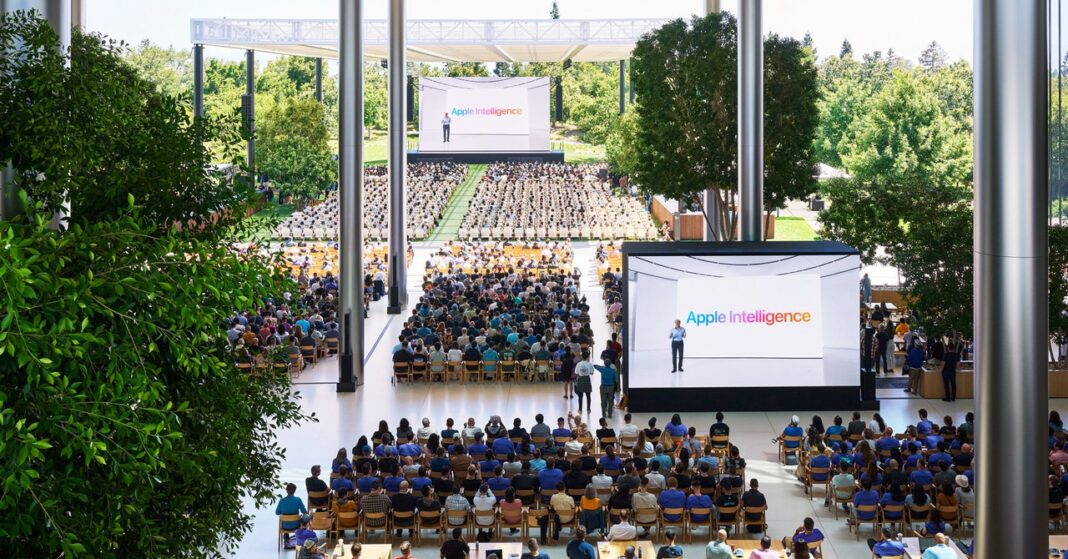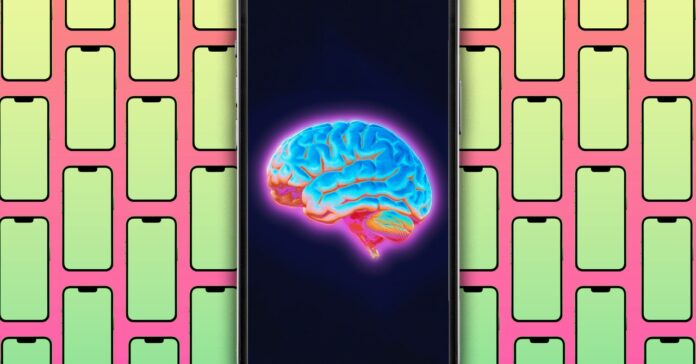In Short:
Apple had been lagging in the artificial intelligence (AI) race, but is now catching up with its new gen-AI strategy. The company values data security and privacy, and is focusing on productivity and creativity with its approach to AI, which it is calling Apple Intelligence. The company is reinvigorating Siri to become a powerful personal assistant by enabling complex requests involving multiple apps.
Apple Embraces Generative AI
After years of silence on AI efforts, Apple’s top executives finally spoke up, emphasizing their leadership in the field. The company highlighted its advanced machine learning capabilities integrated into products like Siri, while also prioritizing stringent privacy standards. Despite valuing data security over rivals, Apple acknowledged the transformative power of AI but distanced itself from the pursuit of superintelligence.
Shift to Generative AI
Eight years ago, Apple focused on deep learning AI, until the emergence of Transformers and generative AI technologies like ChatGPT reshaped industry standards. Rivals swiftly adapted, while Apple redirected its talent from self-driving cars to develop its gen-AI strategy. The recent Worldwide Developers Conference showcased Apple’s commitment to embracing generative AI in its own unique way.
Apple Intelligence
CEO Tim Cook revealed that Apple would now delve into generative AI, under the term “Apple Intelligence,” emphasizing productivity and creativity over sci-fi notions. With concerns over AI’s impact on jobs and society, Apple aims to democratize AI tools for everyday users, much like the original Macintosh’s widespread adoption of graphical user interfaces.
Revamped Siri
Apple’s AI assistant, Siri, promises a future where it becomes a robust personal assistant, tackling complex tasks across multiple apps. This vision aligns with the original Siri team’s aspirations in 2011, now ripe for realization in the age of generative AI. Apple’s outreach to developers at WWDC signals a push to integrate Siri with various apps seamlessly.





